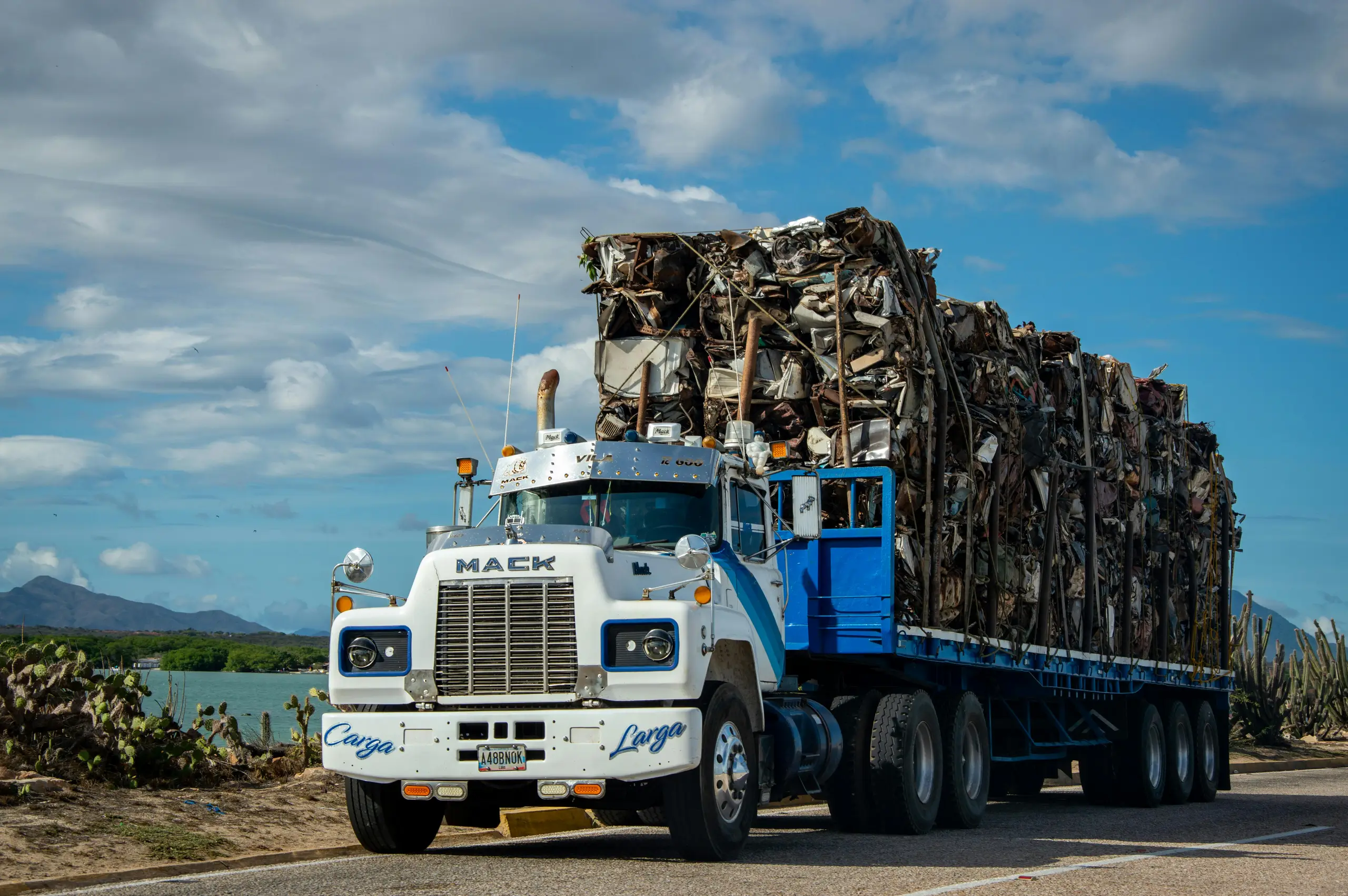Waste management Web Design Services
Affordable web design services for junk halers. 100% Hand coded websites starting at $150/mo.
Get StartedWeb Design
Multi page website to showcase your services
Free Hosting
free deployment and hosting for your website
SEO Services
fully optimized on page SEO content, addons available
General Maintainence
Routine and consistent maintainence for your website
100% Responsive Design
Our waste management web design offers a 100% responsive layout, ensuring your site looks professional on any device. Whether clients are using smartphones, tablets, or desktops, they'll have a seamless experience exploring your waste management services and solutions.
Fast Loading Time
Our waste management web design is optimized for fast loading times to keep visitors engaged. A swift, efficient site ensures that clients can quickly access information about your services and solutions, enhancing their experience and increasing the likelihood of converting visits into inquiries and contracts.
Flexible Pricing Plans for Your Tailored Website
Unlock clarity and confidence with our transparent pricing! No hidden fees, just straightforward costs for exceptional web development
- Standard $150 /MonthBest Deal
- 5 Page Website
- $100 one time charge per extra page over 5
- Free Hosting
- Unlimited Edits
- 24/7 Support
- Standard + Blog $300 /MonthHot Deal
- 6 Page Website
- $100 one time charge per extra page over 6
- Unlimited Blog Posts
- Add / Edit Posts
- Blog Transfers
- Standard $3500
- 5 Page Website
- Email Notifications
- Extra Pages - $100/each
- Hosting - $25/month
- Edits - $50/hour
- Standard + Blog $4500
- 6 Page Website
- Email Notifications
- Blog Post - $40/post
- Hosting - $25/month
- Edits - $30/hour
Frequently Asked Questions
A website can enhance waste collection and transportation services by providing an interactive schedule for pickups, allowing residents to request or reschedule pickups, and offering real-time tracking of collection vehicles. This ensures efficient operations and better communication with customers.
Websites can play a significant role in promoting recycling initiatives by providing detailed information on what can be recycled, offering a recycling locator for drop-off centers, and featuring educational content about the benefits of recycling. They can also include interactive tools to track recycling progress and success stories.
Composting services can be highlighted on a website by including guides on how to start composting at home, offering information on local composting programs, and showcasing the environmental benefits of composting. Interactive features could include a composting calculator or a signup form for community composting initiatives.
A website should provide clear information on various waste disposal options, including landfill and incineration services. Features might include detailed descriptions of disposal methods, interactive maps of disposal sites, and FAQs about safe disposal practices. Users could also find guidance on how to dispose of specific types of waste properly.
A website can support waste reduction efforts by offering resources on reducing waste, such as tips on minimizing single-use items, promoting reusable products, and providing access to educational materials. It can also feature a blog with articles on waste reduction strategies and success stories from the community.
Yes, a website can offer tools for tracking waste management performance by providing dashboards that display data on waste collection, recycling rates, and composting outcomes. This allows users to monitor progress, set goals, and see the impact of their efforts.
A website can facilitate community engagement in waste management by hosting forums or discussion boards, organizing events or challenges related to waste reduction, and providing a platform for users to share their own tips and success stories. It can also include features for users to participate in local cleanup events and initiatives.
Educational content on a website should include information on the lifecycle of waste, the environmental impacts of different waste types, and best practices for waste management. Interactive elements like quizzes or infographics can make learning engaging and help raise awareness about effective waste management strategies.
A website can address frequently asked questions by creating a dedicated FAQ section where users can find answers to common queries about waste management services. This section should be easily accessible and regularly updated to include new information and address emerging concerns.
User feedback can be collected through a website using surveys, feedback forms, and suggestion boxes. Providing users with an easy way to submit their thoughts and experiences helps waste management services understand customer needs, identify areas for improvement, and enhance overall service quality.










